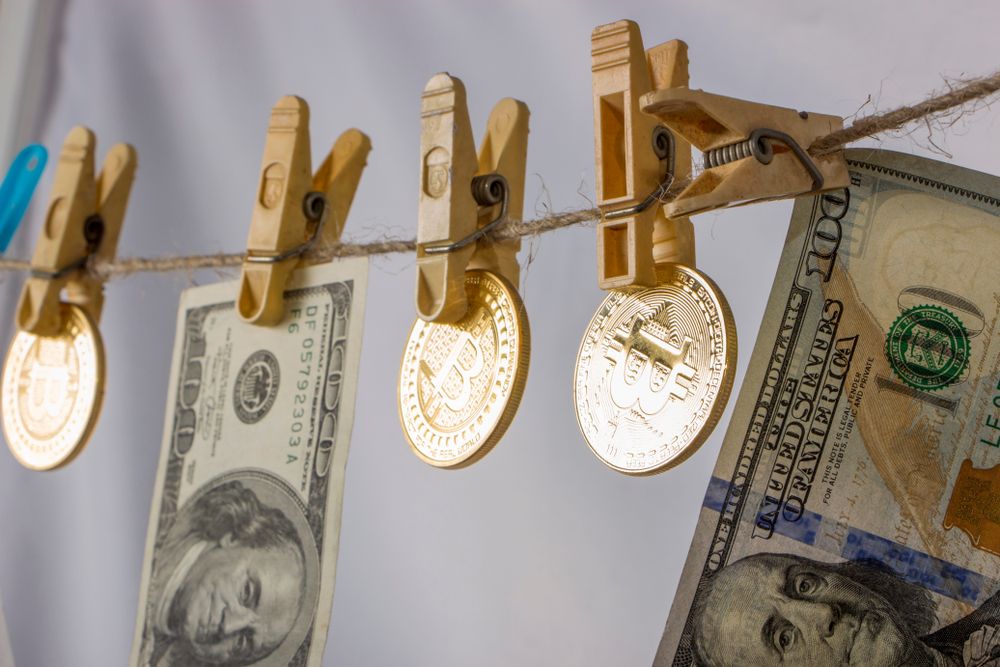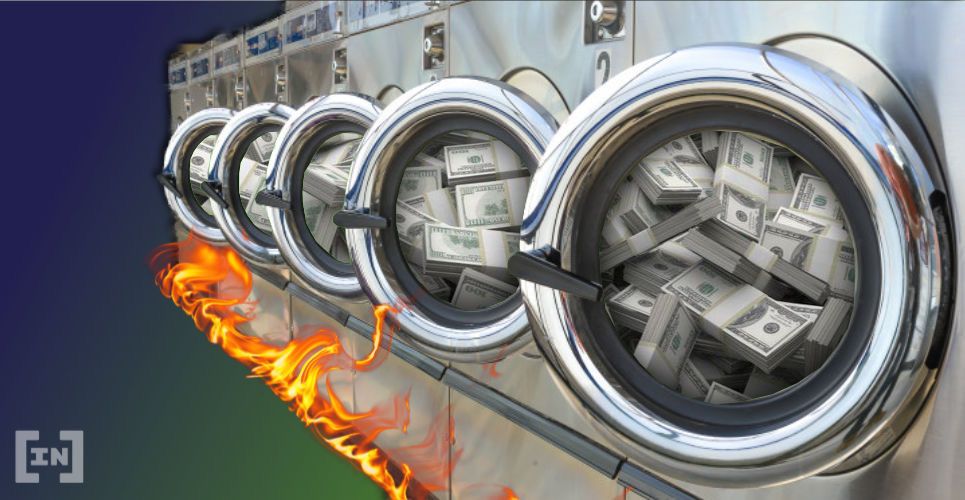The country of Thailand plans to introduce new anti-money-laundering policies to tie into their already established cryptocurrency laws and regulations. The goal is to prevent fraud while providing a framework for companies to take advantage of digital assets.
 Pol Maj Gen Preecha Charoensahayanon, the acting secretary-general of Thailand’s Anti-Money Laundering Office (Amlo,) spoke to local publication the Bangkok Post regarding the changes. There, Preecha had said that these rules are coming because they need to “brace for” emerging technologies and digital assets.
Interestingly, the space doesn’t receive many complaints regarding cryptocurrencies, but it doesn’t want to ignore them. “We may not find any clue, but that doesn’t mean the wrongdoing does not occur,” he says. He already knows that cryptocurrencies are “a tool of new money laundering.”
These new changes will append to the already established Anti-Money Laundering (AML) Act but just apply to cryptocurrency exchanges and associated companies. All of these groups must report to Amlo regarding anything suspicious happening on their platform so they can track and tend to the situation.
It’s also worth noting that these rules would comply with international AML standards that have companies reporting suspicious customers and activities to those in power.
Preecha has been focusing on the space since last year, when a businessman, Prinya Jaravijit, tricked an investor, Aarni Otava Saarimaa, into putting 797 million baht into Bitcoin to buy company shares. Jaravijit took the Bitcoin, leaving Saarimaa helpless.
Pol Maj Gen Preecha Charoensahayanon, the acting secretary-general of Thailand’s Anti-Money Laundering Office (Amlo,) spoke to local publication the Bangkok Post regarding the changes. There, Preecha had said that these rules are coming because they need to “brace for” emerging technologies and digital assets.
Interestingly, the space doesn’t receive many complaints regarding cryptocurrencies, but it doesn’t want to ignore them. “We may not find any clue, but that doesn’t mean the wrongdoing does not occur,” he says. He already knows that cryptocurrencies are “a tool of new money laundering.”
These new changes will append to the already established Anti-Money Laundering (AML) Act but just apply to cryptocurrency exchanges and associated companies. All of these groups must report to Amlo regarding anything suspicious happening on their platform so they can track and tend to the situation.
It’s also worth noting that these rules would comply with international AML standards that have companies reporting suspicious customers and activities to those in power.
Preecha has been focusing on the space since last year, when a businessman, Prinya Jaravijit, tricked an investor, Aarni Otava Saarimaa, into putting 797 million baht into Bitcoin to buy company shares. Jaravijit took the Bitcoin, leaving Saarimaa helpless.
Disclaimer
In adherence to the Trust Project guidelines, BeInCrypto is committed to unbiased, transparent reporting. This news article aims to provide accurate, timely information. However, readers are advised to verify facts independently and consult with a professional before making any decisions based on this content. Please note that our Terms and Conditions, Privacy Policy, and Disclaimers have been updated.

Max Moeller
Max is a cryptocurrency journalist with an affinity for games and emerging technology. After leaving school to start a writing career, he wrote his first article on blockchain and fell down the rabbit hole. Since starting in 2017, Max has worked with multiple blockchain startups and crypto enthusiast spaces, doing his best to educate the world on the nascent technology. Max has been published in various blockchain and crypto related magazines before settling down at BeInCrypto to focus on...
Max is a cryptocurrency journalist with an affinity for games and emerging technology. After leaving school to start a writing career, he wrote his first article on blockchain and fell down the rabbit hole. Since starting in 2017, Max has worked with multiple blockchain startups and crypto enthusiast spaces, doing his best to educate the world on the nascent technology. Max has been published in various blockchain and crypto related magazines before settling down at BeInCrypto to focus on...
READ FULL BIO
Sponsored
Sponsored


